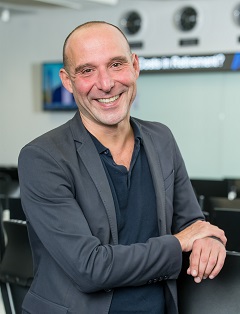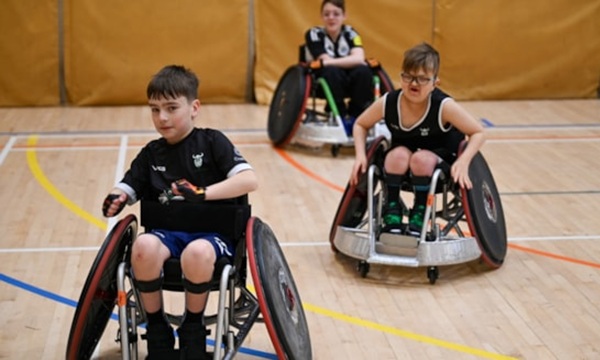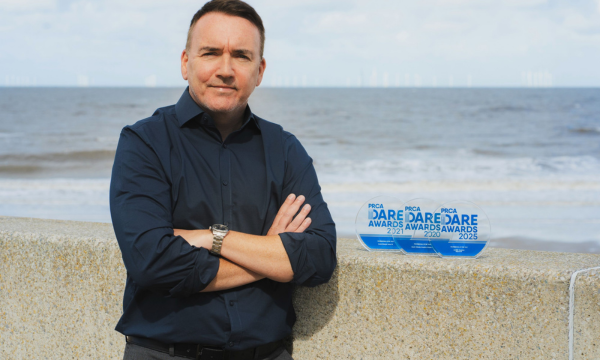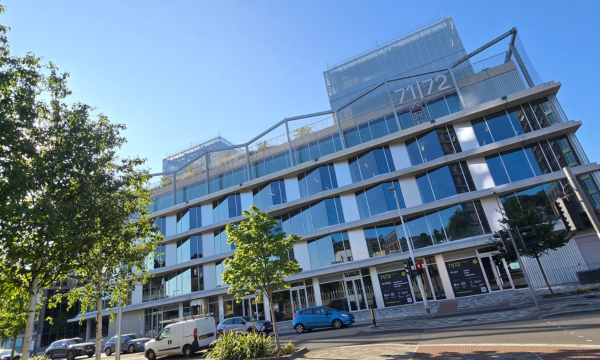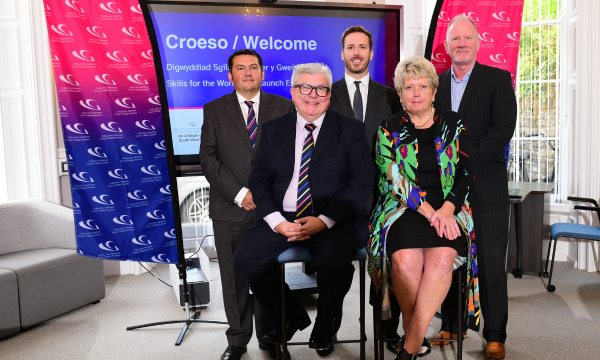RemakerSpace – a new Cardiff University centre dedicated to remanufacturing and reuse – is to move into a purpose-built home in the University’s new sbarc | spark building.
An innovative circular economy centre containing equipment exclusively funded by Welsh Government, RemakerSpace was established by the PARC Institute of Manufacturing, Logistics and Inventory and operates with support from DSV.
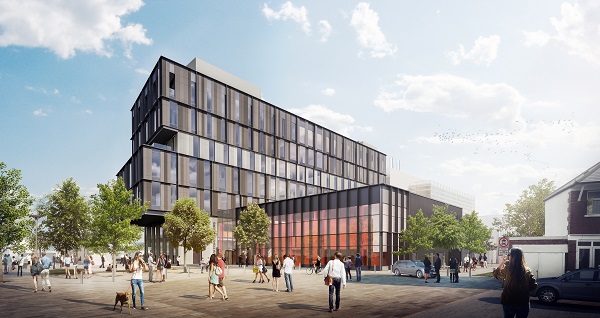
The not-for-profit, community and business engagement initiative supports product life cycle extension and an end to planned obsolescence. The centre aims to drive fundamental attitude changes to the way we design, consume and dispose of products.
The centre aligns with the Welsh Government's mission to build the circular economy and to develop a zero waste, net zero carbon Wales.
Julie James, the Welsh Government’s new Minister for Climate Change, said:
“In the face of the climate emergency and global biodiversity crisis, the Welsh Government has expanded its Circular Economy Fund from £6.5m to £43m.
“With this investment we have supported 180 projects like RemakerSpace across Wales and they will be crucial if we are to reduce our carbon footprint and transition to a more sustainable future and a zero waste, low carbon Wales.
“Matching new ways of working in remanufacturing and recycling with advances in science and technology will be key in our journey to a stronger, greener, fairer Wales.”
Remakerspace is the latest joint Cardiff University-DSV initiative introduced by PARC.
Mike Wilson, Executive Vice President Logistics Manufacturing Services DSV and Industry Director of PARC, said:
“PARC institute has built a strong relationship with Cardiff University over the past eight years to address the challenges of global supply chains, consumer demand and, most importantly, our planet.
“PARC institute’s RemakerSpace is an ambitious next step for DSV to advance its drive for de-materialisation and circular economy. RemakerSpace will allow DSV to gain essential knowledge and skills to advance its Remaker Services enabling product lifecycle extension opportunities for our customers. RemakerSpace also provides us with a platform to engage with the community and collaboratively solve the sustainability needs of future supply chains, marking Wales as a pioneering nation on the global map. We look forward to the new opportunities RemakerSpace will open for us all.”
Cardiff University President and Vice-Chancellor, Professor Colin Riordan, said:
“We are delighted to welcome RemakerSpace to sbarc | spark. The centre’s focus on re-use and remanufacturing complements our vision for sustainable futures. Colocated alongside 400 social science researchers, RemakerSpace will help to grow collaborations and partnerships that generate interdisciplinary solutions to pressing societal challenges.”
RemakerSpace is the outcome of important fundamental research conducted by PARC into circular supply chains and 3D printing enabled supply chains.
Aris Syntetos, Cardiff Business School Professor, Chair of PARC and Director of RemakerSpace said:
“The union of these two areas led to a successful funding application to Welsh Government to develop the centre. With state-of-the-art 3D printing machines and other remanufacturing equipment, the centre will play a key role in raising awareness of the value of the circular economy, reflecting the public value ethos of Cardiff Business School and the University’s commitment to Wales’ Wellbeing of Future Generations Act. Our work has always been underlined not only by financial but also environmental and social concerns, and we are proud to introduce RemakerSpace to the world.”
RemakerSpace aligns with Cardiff University’s strategic focus on environmental sustainability. The sbarc | spark building will be home to 400 social science researchers from centres including the Centre for Climate Change and Social Transformations (CAST) and the Sustainable Places Research Institute.
The centre will occupy two units on the ground floor of sbarc, where researchers will work with public, private and Third sectors to create, test and incubate new initiatives. The building is expected to open in autumn/ winter 2021.





